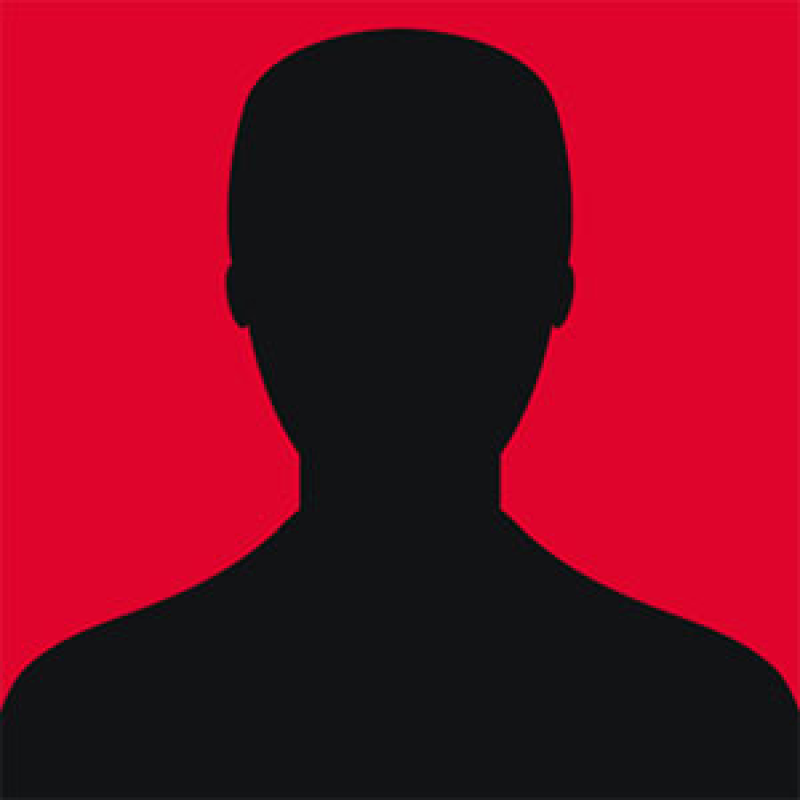- Xi unveils vision for equitable global governance, rejects unilateralism |
- EU Warns Xi-Putin-Kim Alliance a Challenge to World Order |
- Matarbari Project Set to Create 2.5m Jobs, Boost Economy |
- 4,000 ASIs to Be Recruited Ahead of Polls, Says IGP |
- World Heritage Sites Face Rising Water Risks from Climate Change |
Civil Society Faces Repression at UN Over Freedom to Speak

CIVICUS highlights the challenges civil society faces in engaging with United Nations (UN) processes through an activist from a Salvadoran queer-led organisation who requested anonymity for security reasons.
The UN recently held its annual High-Level Political Forum (HLPF) to review progress on the Sustainable Development Goals (SDGs). El Salvador touted its “comprehensive transformation” under President Nayib Bukele’s increasingly autocratic rule. However, the government has been attacking civic space domestically and internationally, leaving civil society at serious risk when engaging with UN processes.
Participation was extremely difficult. With support from international allies, the organisation was able to prepare a civil society response to the state’s Voluntary National Review and attend the forum. Once there, barriers to reading the statement were significant. The Women’s Major Group generously read the statement on their behalf.
Being the only Salvadoran civil society representative, the activist had to relinquish their speaking space, relying on the solidarity of others. Not being able to present a statement built collectively through anonymous consultations felt like an erasure of their presence, voice, and right to speak truth to power.
The risk of reprisals was a constant concern. Months prior, El Salvador had advanced toward full authoritarianism, including the arrest of human rights lawyer Ruth López, which caused widespread fear. Most Salvadoran organisations withdrew from the UN process, leaving this organisation as the sole representative in New York.
Even after Ruth López’s arrest, human rights defenders continued to be targeted. Cases such as Kilmar Armando Ábrego García, deported from the US and imprisoned in El Salvador, and Venezuelan detainees tortured in custody, illustrate the real threats of arrest, torture, and death.
These attacks are not unique to El Salvador. Civil society leaders from Guatemala, Nigeria, and other countries also faced threats during the HLPF. One organisation’s office was raided during the forum, confirming that the UN remains one of the few spaces where civil society can hold power accountable.
The shrinking space for engagement at the UN has serious implications. Fear of retaliation influences who speaks and how, undermining the credibility of the UN as a platform for civil society.
The UN needs stronger protection mechanisms for human rights defenders. Attempts to seek support from UN officials in Geneva and New York were limited. Civil society networks, rather than official UN mechanisms, activated protection systems, established contacts, and tracked potential reprisals.
This narrowing space is especially visible in the planning for the UN80 initiative, the 80th-anniversary efficiency drive, which is increasingly perceived as a move toward further exclusion.
The activist expressed hope that CIVICUS and allied networks will continue to push for stronger protection mechanisms and public responses to threats against defenders.
El Salvador is currently on the CIVICUS Monitor Watchlist, which tracks countries experiencing serious declines in civic freedoms.

